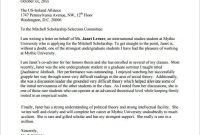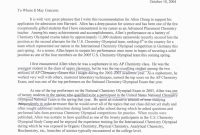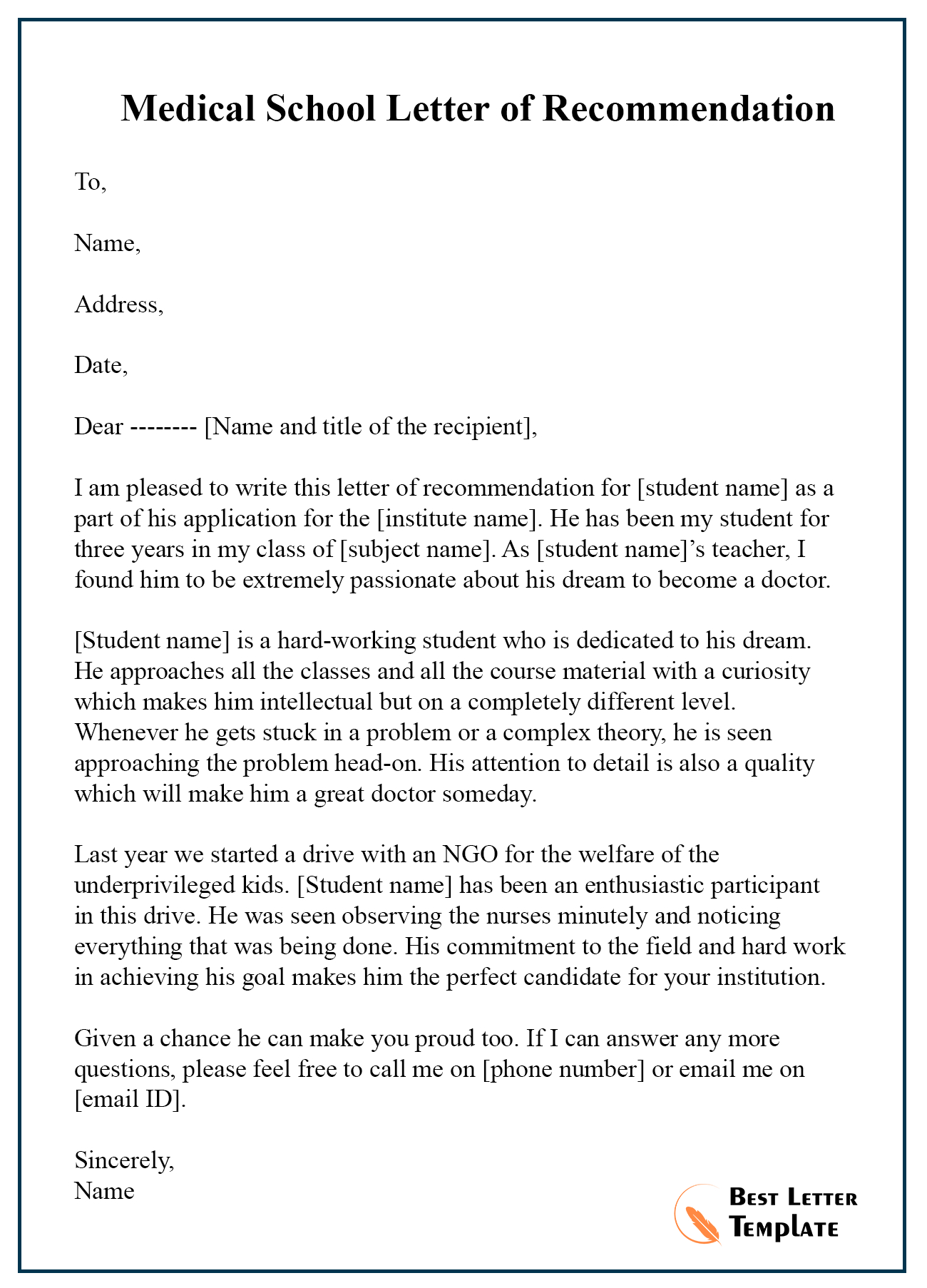 Letter Of Recommendation For Medical School Template Debandje about size 1300 X 1806
Letter Of Recommendation For Medical School Template Debandje about size 1300 X 1806Letter of Recommendation for Healthcare Field: A Comprehensive Guide
Introduction
Letter Of Recommendation For Healthcare Field – When pursuing a career in the healthcare field, one essential aspect that can make a significant difference in your professional journey is a letter of recommendation. This powerful document represents your skills, expertise, and character, providing valuable insights to potential employers, medical schools, or healthcare programs. In this comprehensive guide, we will explore what a letter of recommendation for the healthcare field entails, its importance, and how to craft an impactful and persuasive letter that opens doors to exciting opportunities.
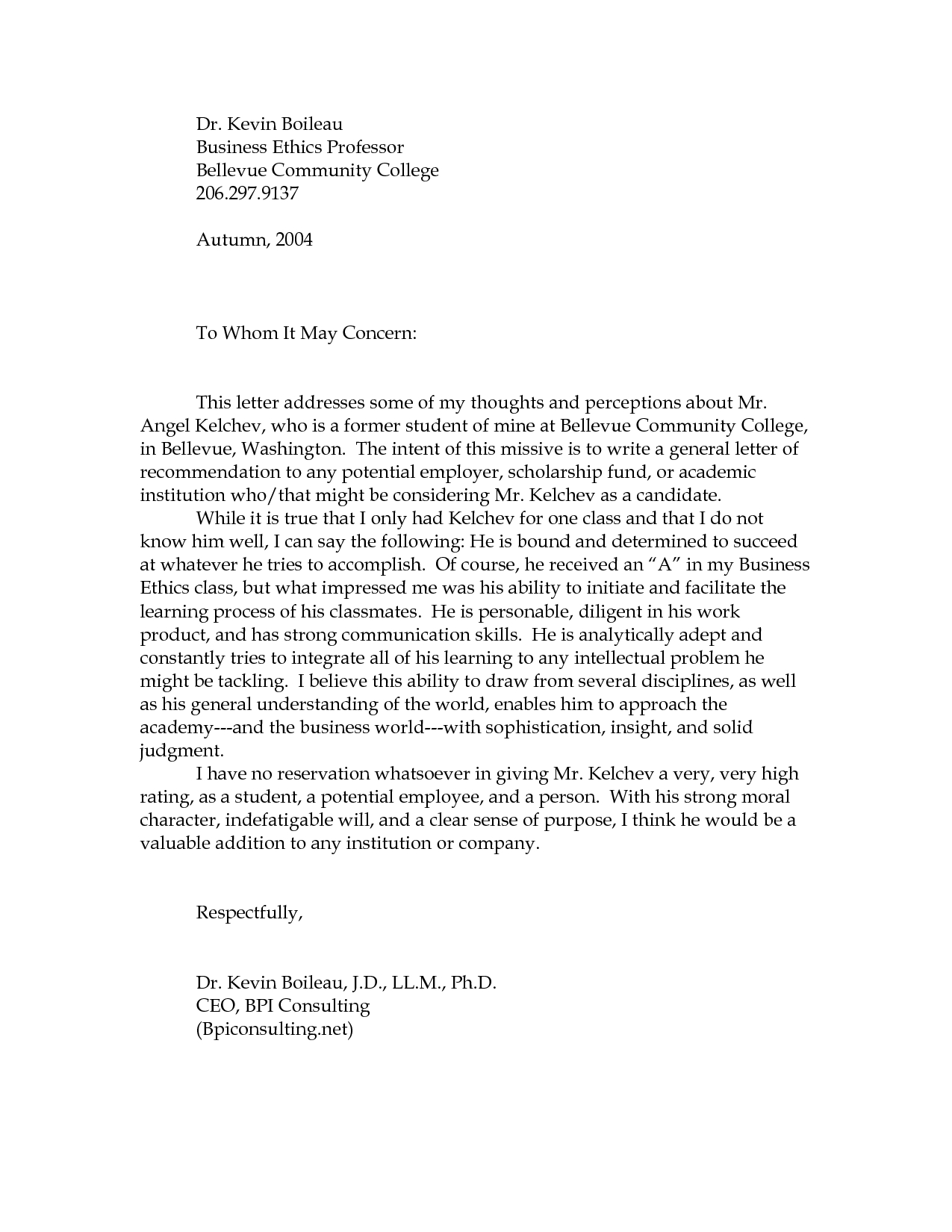 Writing A Letter Of Recommendation For A Medical Student regarding sizing 1275 X 1650
Writing A Letter Of Recommendation For A Medical Student regarding sizing 1275 X 1650What is a Letter of Recommendation?
A letter of recommendation is a formal document written by an individual who can vouch for your qualifications, capabilities, and personal attributes. It serves as an endorsement, highlighting your strengths and potential contributions to the healthcare field. These letters are vital in various contexts, including job applications, medical school admissions, and healthcare program selections.
There are different types of letters of recommendation in the healthcare field. For instance, you may encounter notes tailored explicitly for medical school applications, nursing positions, or other specialized healthcare programs. Understanding the specific requirements of each type will help you tailor your request and ensure that the content aligns with the intended purpose.
It’s important to note the distinction between a letter of recommendation and a reference letter. While both provide insights into an individual’s abilities and character, a reference letter tends to be more general and less targeted to healthcare. In contrast, a letter of recommendation focuses on specific aspects that make an individual an exceptional candidate in their healthcare pursuits.
When is it Necessary to Write a Letter of Recommendation in the Healthcare Field?
A letter of recommendation becomes necessary in various scenarios within the healthcare field. Healthcare professionals often require such letters when applying for positions, pursuing advanced degrees, or seeking admission to competitive healthcare programs. Healthcare candidates can showcase their abilities and dedication beyond what their resumes or academic transcripts reveal by seeking recommendations from professionals who have worked closely with them.
It’s essential to consider the time frame for requesting and receiving a letter of recommendation. Providing the letter writer with ample notice and allowing them sufficient time to craft thoughtful and detailed guidance is crucial. Typically, requesting a letter of recommendation at least a month before the deadline or the anticipated submission date is advisable to avoid unnecessary stress and ensure the highest quality letter.
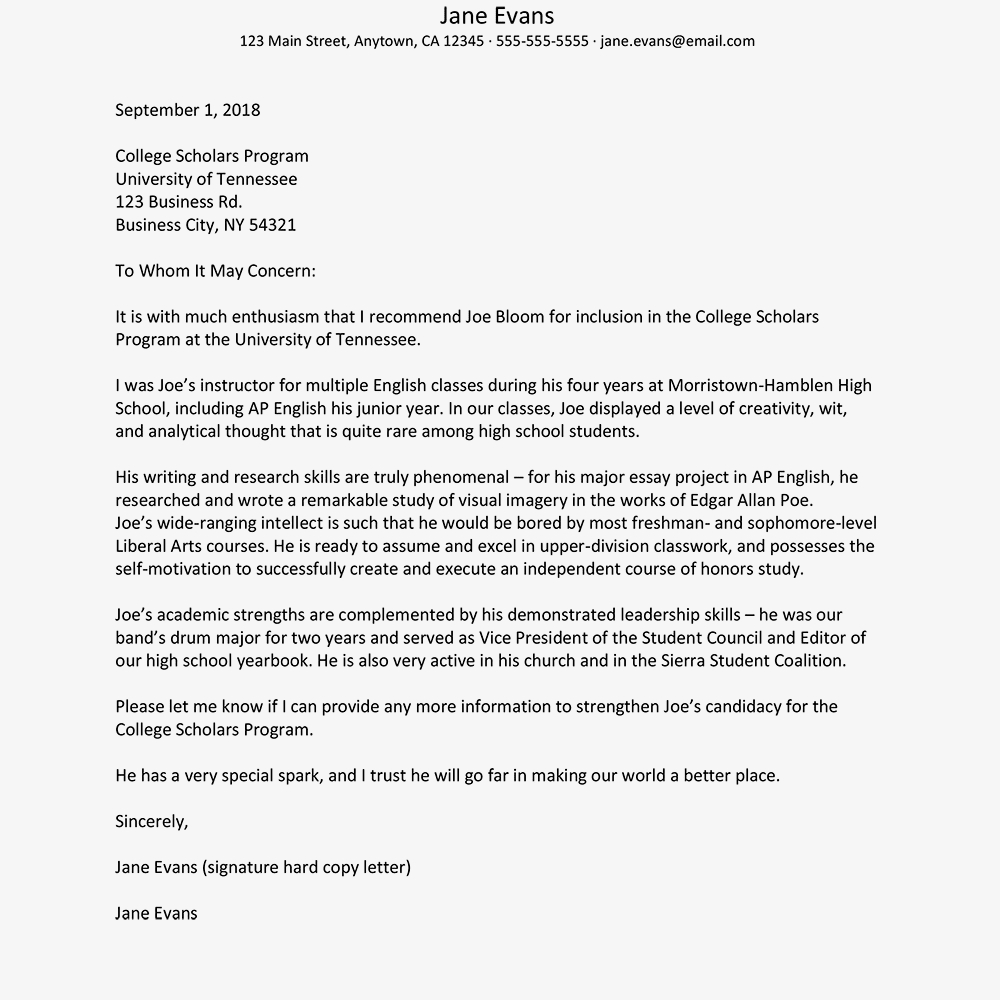 Positive Recommendation Letter Samples within sizing 1000 X 1000
Positive Recommendation Letter Samples within sizing 1000 X 1000Why are Letters of Recommendation Crucial in the Healthcare Field?
Letters of recommendation hold significant weight in the healthcare field for several reasons. First and foremost, they play a vital role in the selection process. Whether it’s a medical school, a residency program, or a competitive job opportunity, decision-makers often rely on these letters to gain valuable insights into a candidate’s aptitude, work ethic, and potential as a healthcare professional. A well-crafted letter of recommendation can set you apart from other applicants, giving you a competitive edge.
Having an exceptional letter of recommendation offers numerous benefits. It helps demonstrate your credibility, expertise, and commitment to excellence. A compelling letter can also contextualize your accomplishments and personal qualities, offering a holistic view of your potential contributions. When decision-makers read a persuasive recommendation, they gain confidence in your abilities, making it more likely for them to select you for the desired position or program.
Which Elements Make for a Compelling Letter of Recommendation in the Healthcare Field?
To craft a compelling letter of recommendation, it’s crucial to include specific critical components. These elements will ensure that the letter effectively highlights your skills, attributes, and suitability for healthcare. Here are some key features to consider:
- Introduction: Begin with a concise and engaging introduction that states your relationship with the candidate and the context in which you are writing the recommendation.
- Qualifications and Expertise: Discuss the candidate’s qualifications, including their educational background, certifications, and relevant experiences. Highlight specific achievements or projects that showcase their skills and dedication.
- Personal Attributes: Describe the candidate’s unique attributes, such as compassion, empathy, integrity, and teamwork. Share anecdotes or instances that illustrate these qualities, emphasizing how they contribute to their effectiveness as a healthcare professional.
- Work Ethic and Professionalism: Highlight the candidate’s work ethic, punctuality, and professionalism. Provide examples of their commitment to patient care, ethical decision-making, and ability to collaborate with colleagues.
- Leadership and Initiative: If the candidate has demonstrated leadership skills or takes the initiative in any capacity, elaborate on those experiences. Discuss how they have positively influenced others, shown innovation, or spearheaded essential projects.
- Communication Skills: Effective communication is crucial in healthcare settings. Comment on the candidate’s ability to communicate, listen actively, and build rapport with patients, colleagues, and other healthcare stakeholders.
- Closing Statement: Conclude the letter with a solid and positive endorsement, summarizing the candidate’s strengths and potential contributions. Express your confidence in their ability to excel in their chosen healthcare field.
In addition to these critical components, adhere to best practices for writing a persuasive letter of recommendation. Maintain a professional tone throughout the letter, using concise and precise language. Avoid repetitive information and focus on unique aspects that genuinely differentiate the candidate. Lastly, proofread and edit the letter carefully to ensure clarity, coherence, and error-free content.
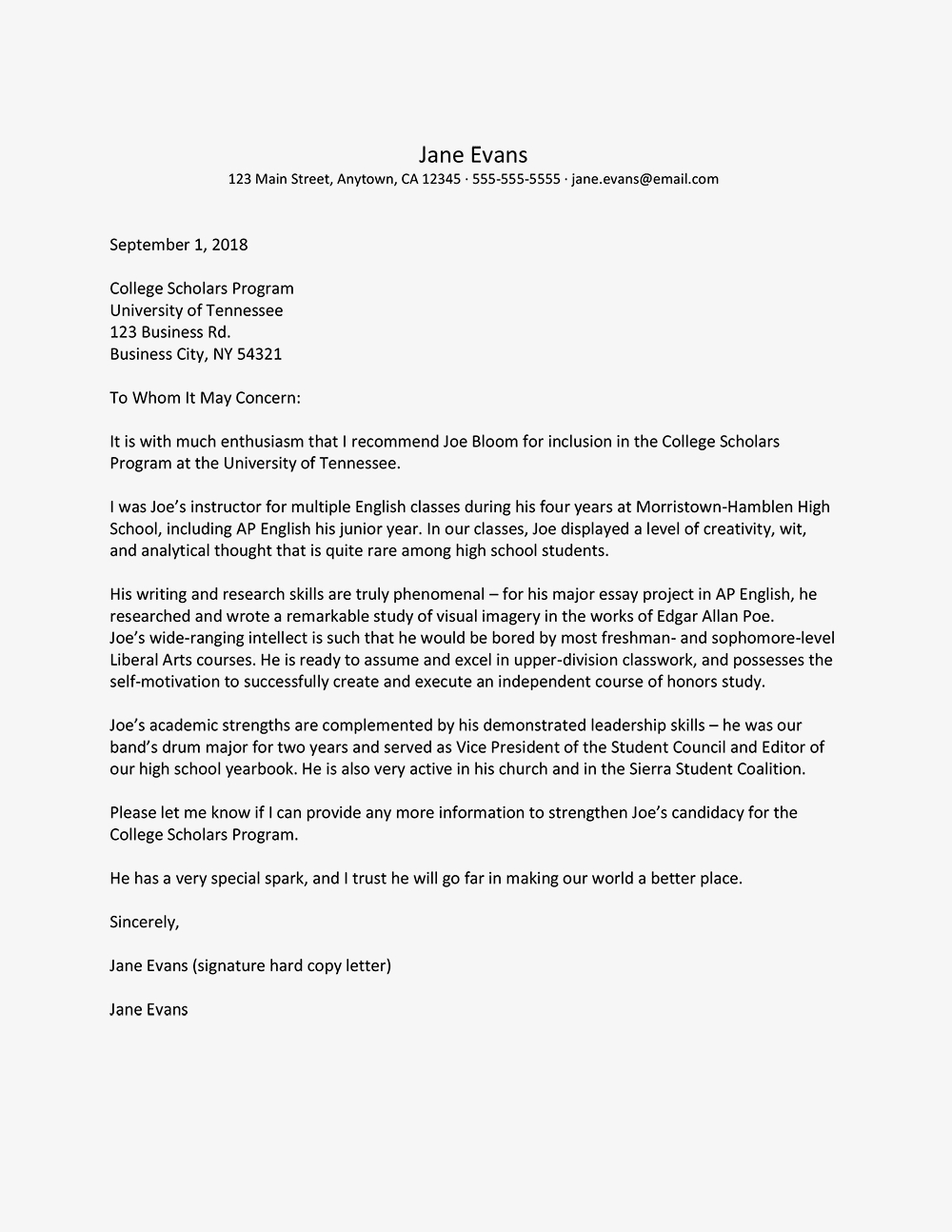 Recommendation Letter For Home Attendant Position Debandje with dimensions 1000 X 1294
Recommendation Letter For Home Attendant Position Debandje with dimensions 1000 X 1294Who Can You Ask to Write a Letter of Recommendation for Your Medical School/Healthcare Program Applications?
When selecting individuals to write your letter of recommendation, it’s essential to choose those who can provide valuable insights into your abilities, character, and potential as a healthcare professional. Here are some potential candidates to consider:
- Professors or Instructors: If you have excelled academically in healthcare-related courses, consider approaching professors or instructors who can speak to your intellectual capabilities, work ethic, and potential for success in the healthcare field.
- Supervisors or Employers: If you have work experience in a healthcare setting, supervisors or employers can offer valuable perspectives on your clinical skills, interpersonal interactions, and ability to handle responsibilities.
- Healthcare Professionals: Seeking recommendations from healthcare professionals you have worked with directly, such as physicians, nurses, or other healthcare practitioners, can provide insights into your clinical competence and professionalism.
- Volunteer Coordinators or Mentors: If you have volunteered in healthcare settings, coordinators or mentors overseeing your activities can testify to your dedication, empathy, and commitment to patient care.
When approaching potential letter writers, be respectful and considerate of their time. Request the recommendation well in advance, providing them with sufficient details about the position or program you are applying to. It’s also important to express your gratitude and appreciation for their assistance.
How to Write an Effective Letter of Recommendation for Healthcare Professionals?
If you are tasked with writing a letter of recommendation for a healthcare professional, follow this step-by-step guide to ensure an impressive and impactful document:
- Gather Relevant Information: Request the candidate’s resume, transcripts, and other supporting documents that can provide insights into their qualifications, experiences, and achievements. This information will help you write a comprehensive and well-informed recommendation.
- Understand the Purpose: Clarify the purpose of the recommendation with the candidate. Are they applying to a specific program, seeking a job, or pursuing further education? Understanding the intended audience and context will enable you to tailor the recommendation accordingly.
- Highlight Key Strengths: Identify the candidate’s key strengths and areas where they excel. Focus on their unique attributes, skills, and accomplishments aligning with healthcare. Provide specific examples or anecdotes that illustrate these strengths.
- Structure the Recommendation: Organize the recommendation into distinct sections, such as introduction, qualifications, personal attributes, work ethic, leadership, and communication skills. This structure ensures clarity and coherence throughout the document.
- Use Specific and Descriptive Language: When describing the candidate’s abilities or qualities, use specific and descriptive language. Avoid generic statements and provide concrete examples demonstrating the candidate’s exceptional attributes.
- Avoid Biases: Maintain objectivity and avoid including personal biases in the recommendation. You aim to present an accurate and fair assessment of the candidate’s capabilities without exaggeration or undue criticism.
- Proofread and Edit: Before finalizing the letter, carefully proofread and edit it for grammar, spelling, and clarity. Ensure that the content flows smoothly, and the recommendation reads professionally.
By following these steps, you can create an effective letter of recommendation that highlights the candidate’s strengths, impresses the intended audience, and contributes to their success in healthcare.
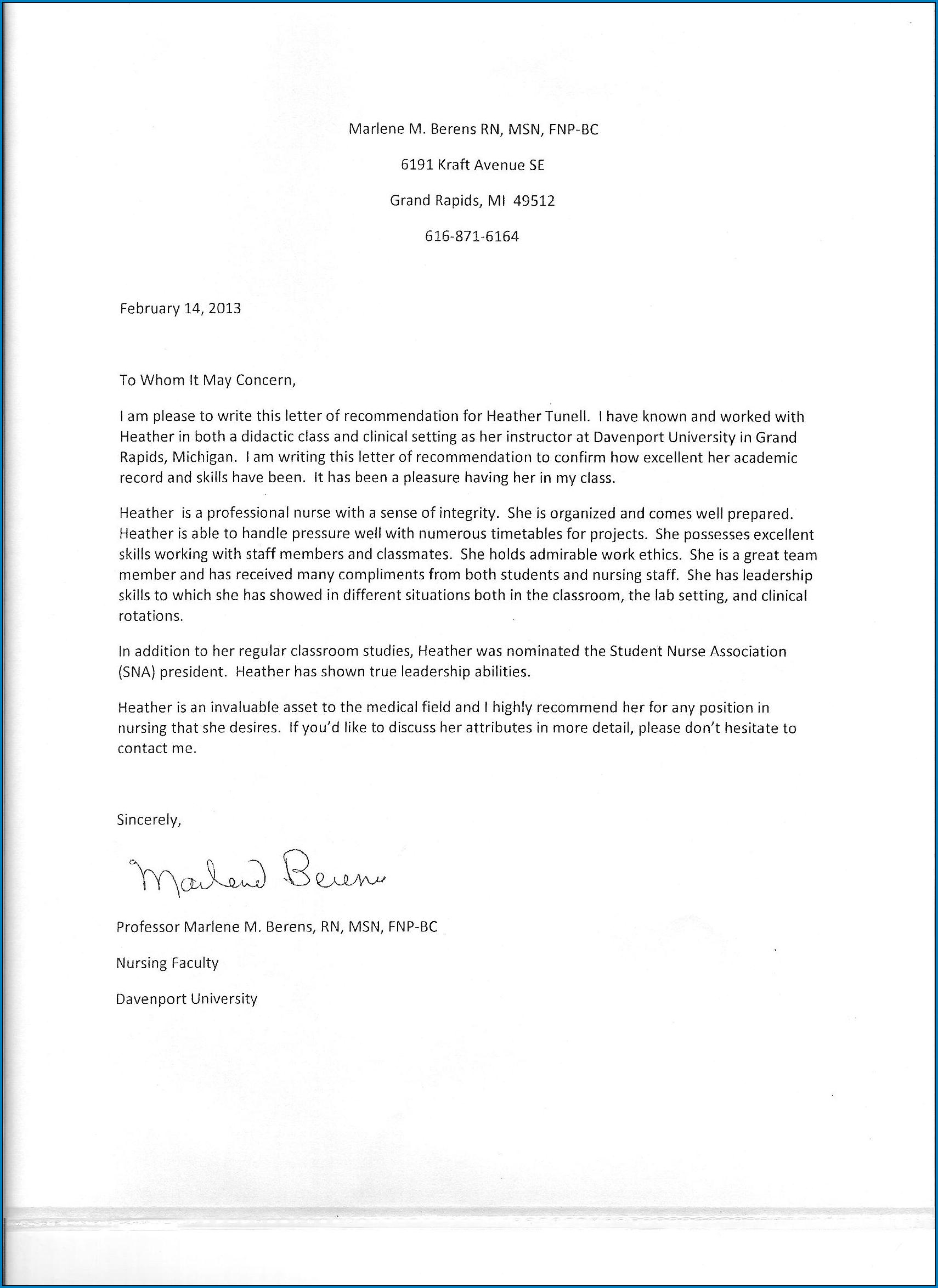 Free Printable Nursing Letter Of Recommendation Template with size 1710 X 2348
Free Printable Nursing Letter Of Recommendation Template with size 1710 X 2348Conclusion
In the healthcare field, a letter of recommendation holds immense value for professionals seeking job opportunities, medical school admissions, or specialized healthcare programs. Understanding the purpose, key components, and best practices for crafting an impactful recommendation will help candidates stand out in a competitive landscape. Likewise, for individuals tasked with writing a letter of recommendation, following a structured approach and focusing on the candidate’s strengths and qualifications will result in a compelling endorsement. By harnessing the power of well-crafted letters of recommendation, healthcare professionals can open doors to exciting opportunities and pave their way to a successful career in the healthcare field.
